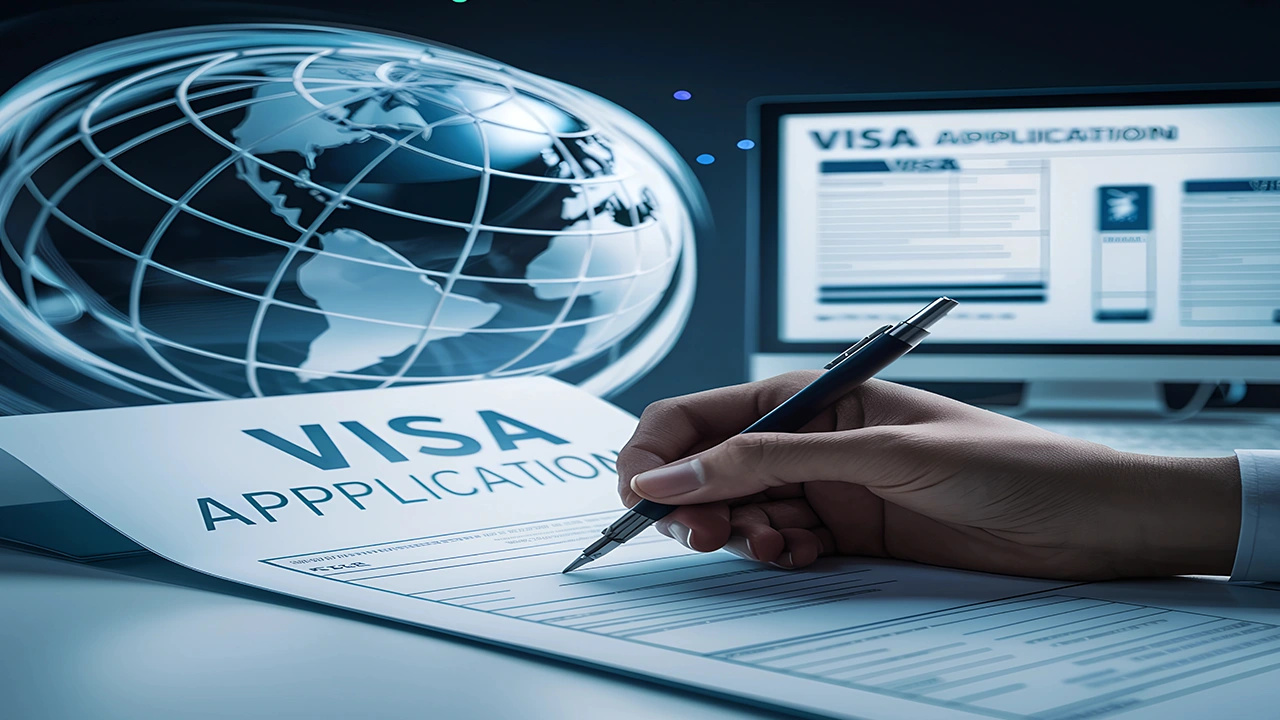Important Tips and Guidelines Before Travelling Abroad for Study
City tours - Trips -
Traveling abroad for study allows you to gain valuable experience and knowledge. Taking the step to travel and join educational programs or scholarships is an enriching experience.
If you're looking for essential tips to make your travel easier, this article provides key guidelines for studying abroad.
1: Research Your Destination

Familiarizing yourself with the country you’re heading to is crucial before travelling.
Gaining knowledge about the educational institutions, cultural practices, and the general lifestyle will help you adapt more easily.
Each country offers a unique educational environment, so it's important to understand what to expect and how to make the most of your time there.
2: Obtain a Visa

A visa is your official permission to enter a country. Start by applying for a visa specific to your study needs, then wait for approval.
The process and requirements may vary depending on whether you're heading to an Arab country or a Western nation, so make sure to follow the guidelines carefully.
3: Plan Ahead

Once your visa and travel documents are in order, it's time to prepare for your trip. Proper planning involves several important steps:
1. Visit your doctor to ensure your health and carry any necessary medications.
2. Pack according to the climate of your destination, ensuring you have the right clothing and essentials.
3. Budget your finances to cover the entire duration of your stay, including unforeseen expenses.
4: Secure Accommodation

There are various accommodation options to consider.
Many scholarships and universities provide student housing, which can save you the trouble of finding a place to rent.
If your budget allows, you might choose a private hotel, resort, or apartment close to your university, making it easier to navigate and explore your new surroundings.
5: Learn the Local Language

Every country has its own cultural and linguistic identity.
To adapt more smoothly, learning the local language is essential.
You can use language learning apps or familiarize yourself with basic phrases to help with daily interactions.
6: Respect local customs and traditions

Understanding and respecting the local customs and traditions is key to a successful stay abroad.
These cultural differences define a country and influence social interactions.
Being mindful of these aspects will help you integrate better and avoid misunderstandings.
7: Know Important Contacts

For your safety and peace of mind, it’s important to know essential contact numbers such as local police, emergency services, and nearby hospitals.
Write down these numbers and keep them handy in your bag at all times.
8: Adjust to Your New Study Environment

Adapting to a new academic environment can be challenging, especially with a different language and teaching methods.
Don’t be intimidated—engage in student activities, follow your institution on social media, and actively seek out information to help you settle in.
Building friendships within the academic community will also ease your transition and enhance your learning experience.
These tips are designed to help you navigate the challenges of studying abroad, ensuring a smooth and enriching experience as you pursue your education in a new country.



